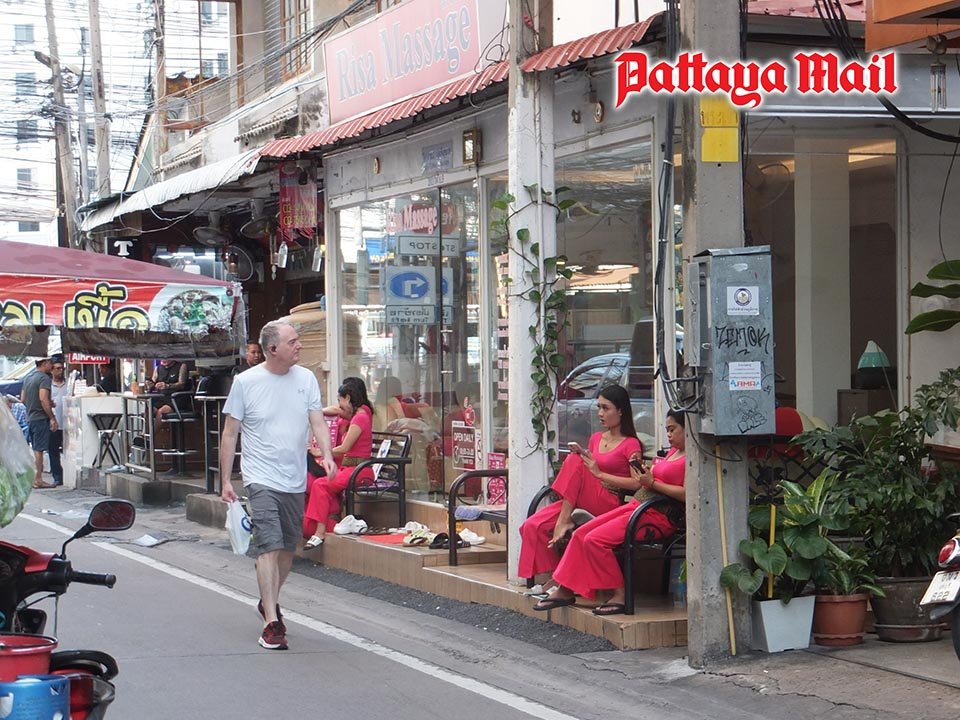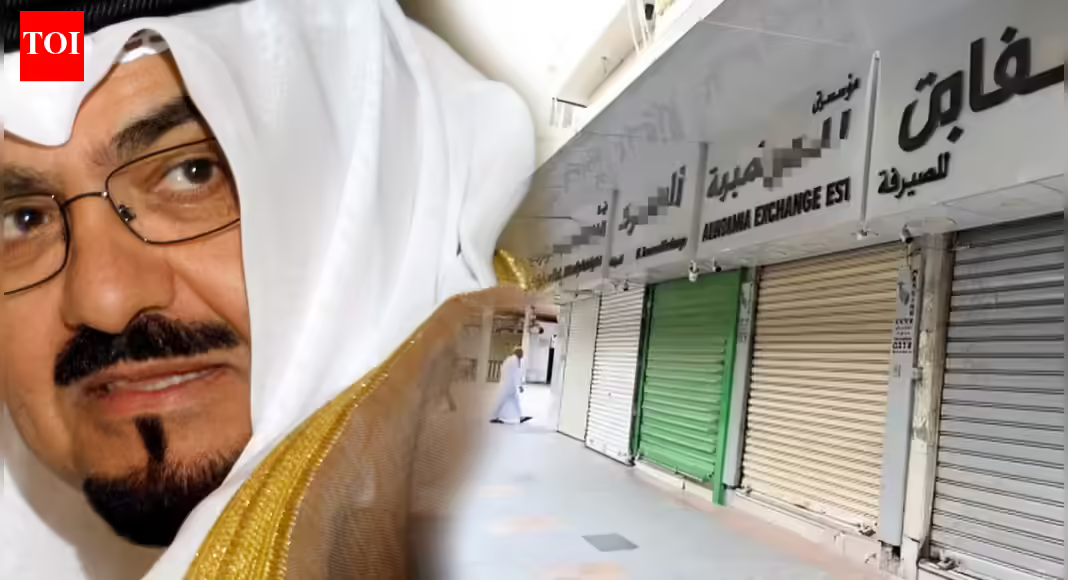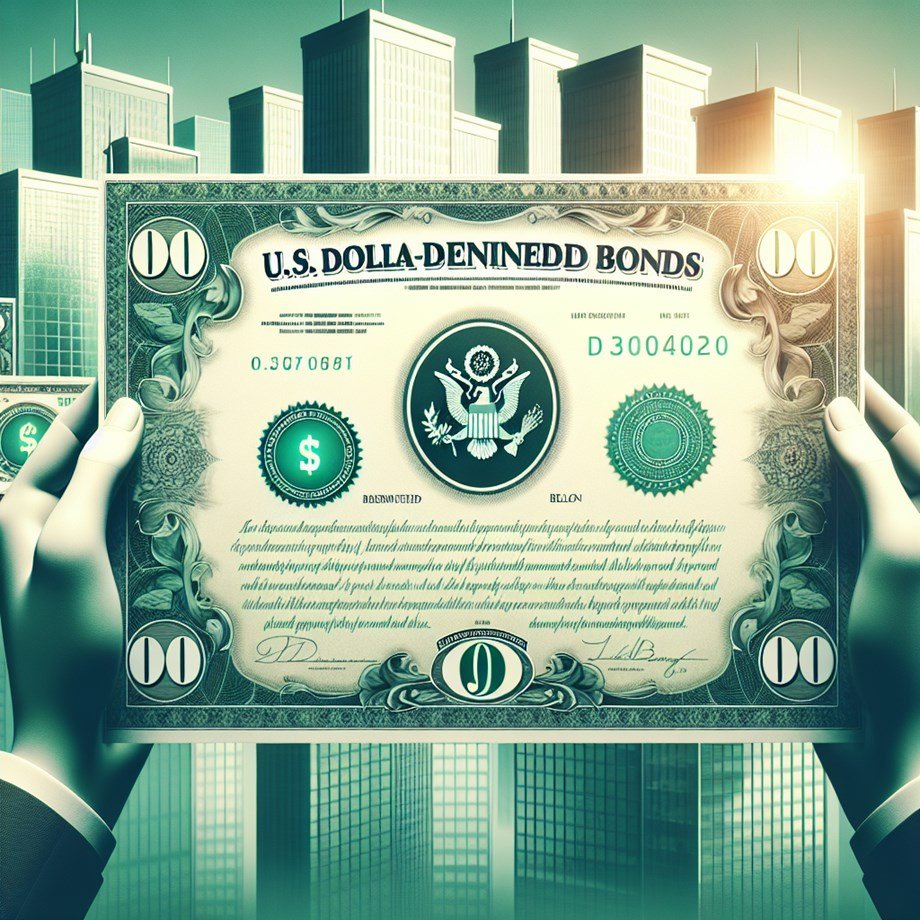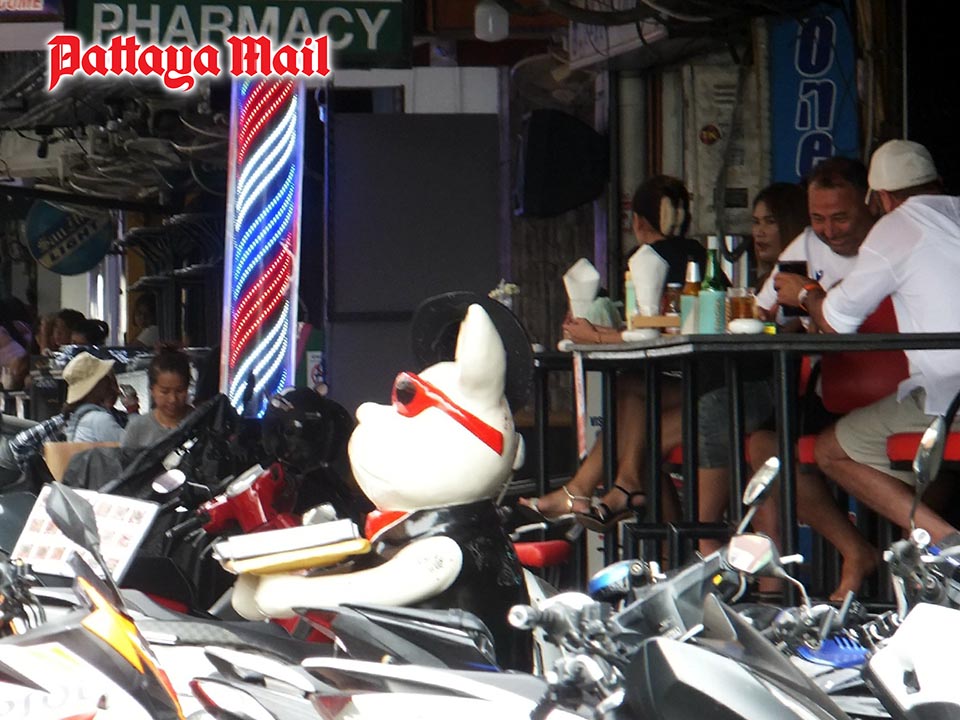
PATTAYA, Thailand – As Thai financial analysts cautiously reported the baht’s slight depreciation, many long-term visitors and online commentators were quick to mock what they call “nonsense headlines” about a “weaker baht” boosting tourism.
According to KResearch (Kasikorn Research Center), the baht closed at 32.68 per U.S. dollar on October 17, slightly weaker than the previous day’s 32.55, reflecting global trends including softer gold prices, net foreign equity outflows of 2.09 billion baht, and renewed fund inflows into Thai bonds worth 3.06 billion.
Analysts projected a trading range of 32.40–33.00 baht per dollar for the coming week, citing factors like Thailand’s September export data, Asian currency performance, and potential U.S. government shutdown risks.
But while economists spoke in cautious decimals, foreigners living or vacationing in Pattaya were far more blunt. On social media and expat forums, the reaction was almost entirely dismissive.
“Minimal difference impact on money unless you have millions to exchange,” one user wrote. “The difference between 31.77 and 32.57 is 0.80 baht — that’s 800 baht on a thousand dollars. Really big difference?”
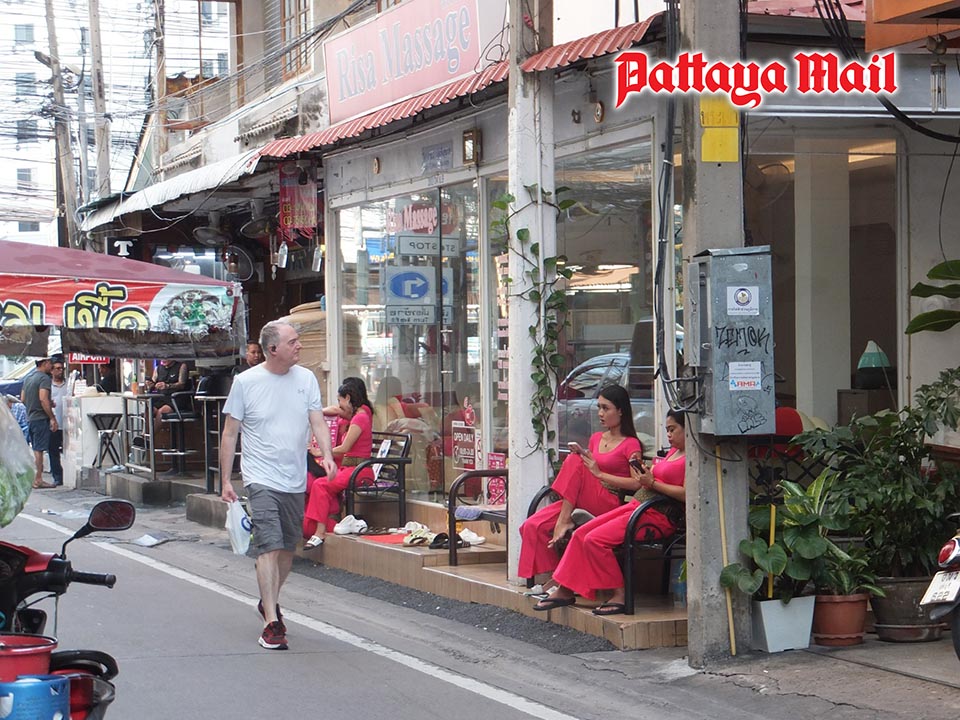
Others pointed out that such marginal shifts do little for ordinary travelers. “If you’re on holiday, saving 50 baht on a bar bill isn’t going to stop you traveling,” said another. Some took aim at the Australian dollar’s persistent weakness, while others joked about penny-pinching tourists. “The Aussies and Brits will still sit for hours with one 60-baht beer,” one Pattaya regular quipped.
A few comments carried sharper frustration: “Stop putting us on with this baht charade. It’s still 32–33 for the dollar and 37–38 for the euro — less than a 2% change. Stop it or tell us why!” Others linked the strong baht to Thailand’s quieter nightlife scene. “How can tourists be spending more when the city feels so subdued?” one poster asked. “The baht’s still too strong, and the fun’s fading.”
For many long-term residents, the math is simple: a stronger baht means tighter wallets and shorter stays. “The glory days were when it was 90 baht to the pound, back before year 2000,” one Brit reminisced. “Now it’s just overpriced beer, aging bar girls, and smaller nights out.”
While economists debate marginal fluctuations, the sentiment on the ground in Pattaya is clear — small changes in the exchange rate make little difference to Thailand’s struggling tourism mood. The baht may move slightly on paper, but for many foreigners, it still feels far too strong and far less fun.

